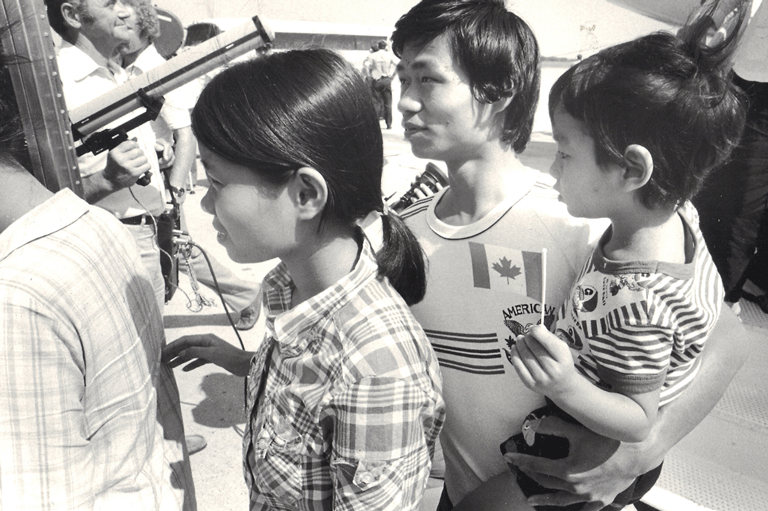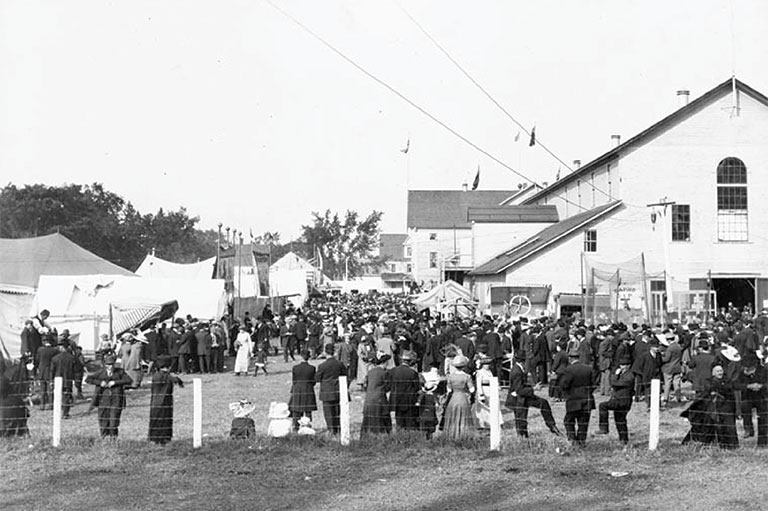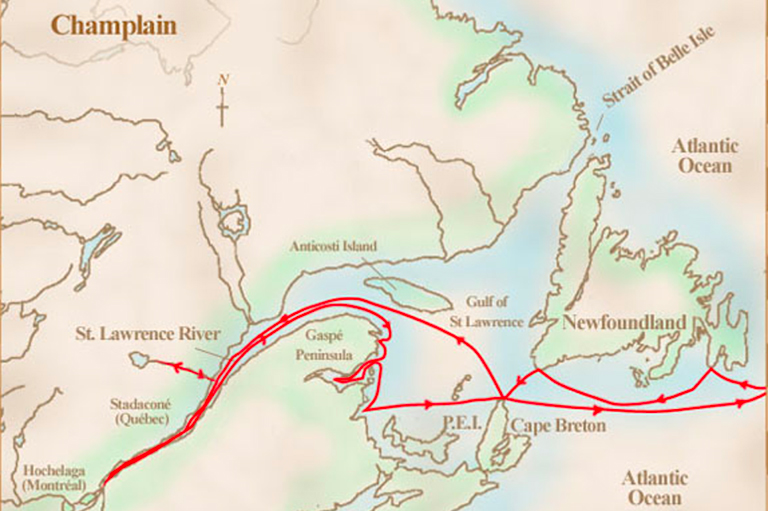Rescuing Refugees

This activity is inspired by the comic “Voyage to Freedom” in the December 2020 issue of Kayak: Canada’s History Magazine for Kids.
In this activity, students will use primary source evidence to consider historical perspectives and the ethical dimensions of historic events. To learn more about the six historical thinking concepts, check out the Historical Thinking Project.
Background
In the late 1970s and through the ’80s and ’90s, over a million people fled Vietnam, Laos, and Cambodia after the Vietnam War. Many of these refugees left by boat over the South China Sea and were called “boat people” at that time. Refugees who arrived in refugee centres all over Asia were eventually relocated to countries throughout the world. This included 200,000 coming to Canada, which was the largest number of refugees to come to any country.
After hearing of the hardships that refugees faced in their journeys over the sea, Canadian citizens, businesses, and government offices sponsored refugees to relocate to Canada. Canadians were particularly motivated to sponsor the refugees after the Hai Hong Incident, in which a boat of 2,500 Vietnamese refugees were stranded at sea without food or water, and no country in the Pacific would welcome them. While many Canadians were welcoming and supported the refugees, some opposed letting the refugees come to Canada and publicly stated they were against it.
Activity
In this activity, students will learn about Canadians’ divided opinion on whether Indochinese refugees should have relocated to Canada.
As a class or in groups, have students listen to the following two CBC broadcasts from 1979. The first is a radio interview talking about Ontario’s sponsorship campaign to help Vietnamese refugees. The second clip describes some of the negative feedback that a benefit concert to raise money for the refugees received from several Canadians. Check out the “Did You Know?” section on the second article for more context about the refugee crisis and the CBC’s benefit concert.
- “Operation Lifeline: Ontario’s sponsorship campaign.” CBC Digital Archives, 4 Jul. 1979.
- “Vietnamese ‘boat people’ benefit opposed.” CBC Digital Archives, 23 Sept. 1979.
After, have students watch the following video created by Kianna L., one of the 2018 winners of the Young Citizens program. In this video, Kianna shares the story of how her family came to Canada and the inspiration behind a Heritage Minute.
Ask students to reflect on what they have listened to and watched; students will compare and contrast what they have heard and seen. These questions can help guide their discussion of the broadcast:
- Why do you think some Canadians wanted to sponsor and raise money for the refugees? Why do you think others did not?
- Do you think raising money for the refugees coming to Canada was important? Why or why not?
- How do you think negative feedback and public opinion might have affected refugees and other Canadians?
- Do you think that Canadians who disagreed with the benefit concert changed their minds years later? Why or why not?
- How was the tone and topic of the Young Citizen video different from the issues discussed in the CBC broadcasts?
- Did you learn anything new from the Young Citizen video? If so, what? How does Kianna’s video help you understand the Indochinese refugee crisis in a new, different, or deeper way?
- Reflecting on this issue, what factors do you think the Canadian government should consider when deciding whether refugees should be admitted to Canada?
- Where could you find out more information on the refugees that came from Indochina?
- Are any of your family or friends refugees? If so, do they have any similar stories?
- Does this broadcast remind you of other historical events that you have heard? Does it remind you of any events happening today?
Extension Activity
Ask students, in groups, to write a one-page script for a radio program that they think could have changed the minds of Canadians who did not want the CBC benefit concert to air. This script can be passed to another group for them to read and compare or can be performed aloud in front of the other groups.
Students can also research Canada’s current refugee system and immigration policy to create a radio broadcast about current refugee crises.
Themes associated with this article
Advertisement






